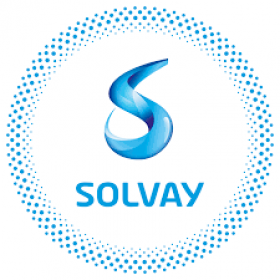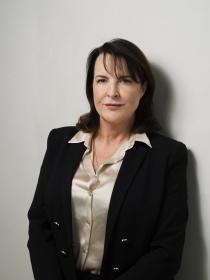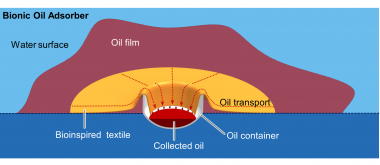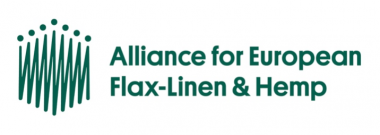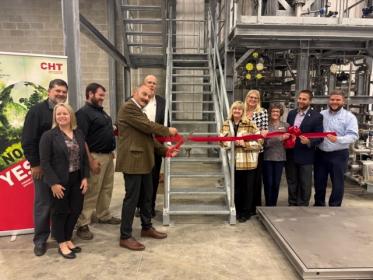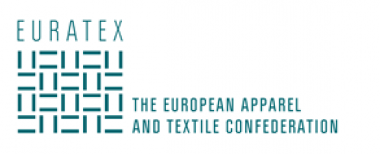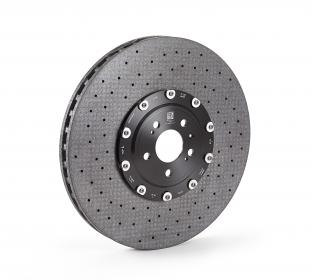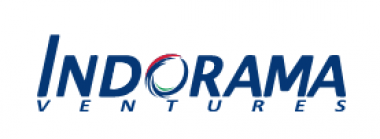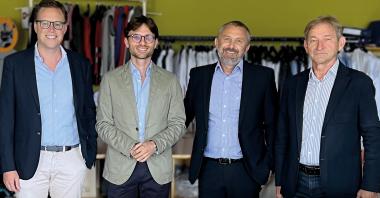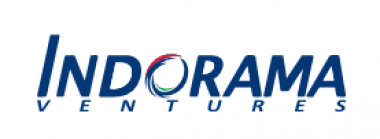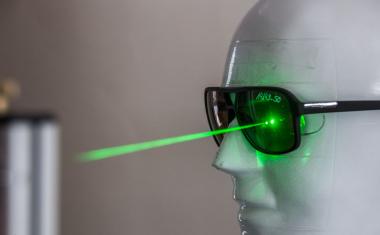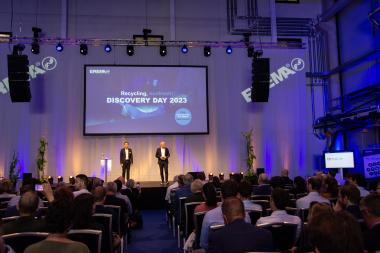Solvay: Capacity expansions in France and Italy
Solvay has announced capacity expansions at its Resolest®* and Solval® units, specifically designed for recycling residues from the flue gas cleaning process using the market-leading SOLVAir® solution. The rising demand for this advanced technology stems from the enforcement of stringent environmental standards governing emissions across various industries. By the end of 2025, Resolest® is poised to undergo a significant 60% surge in recycling capacity. Likewise, commencing January 2024, Solval® is set to witness a substantial 30% increase in its capacity.
Solvay
Solvay


